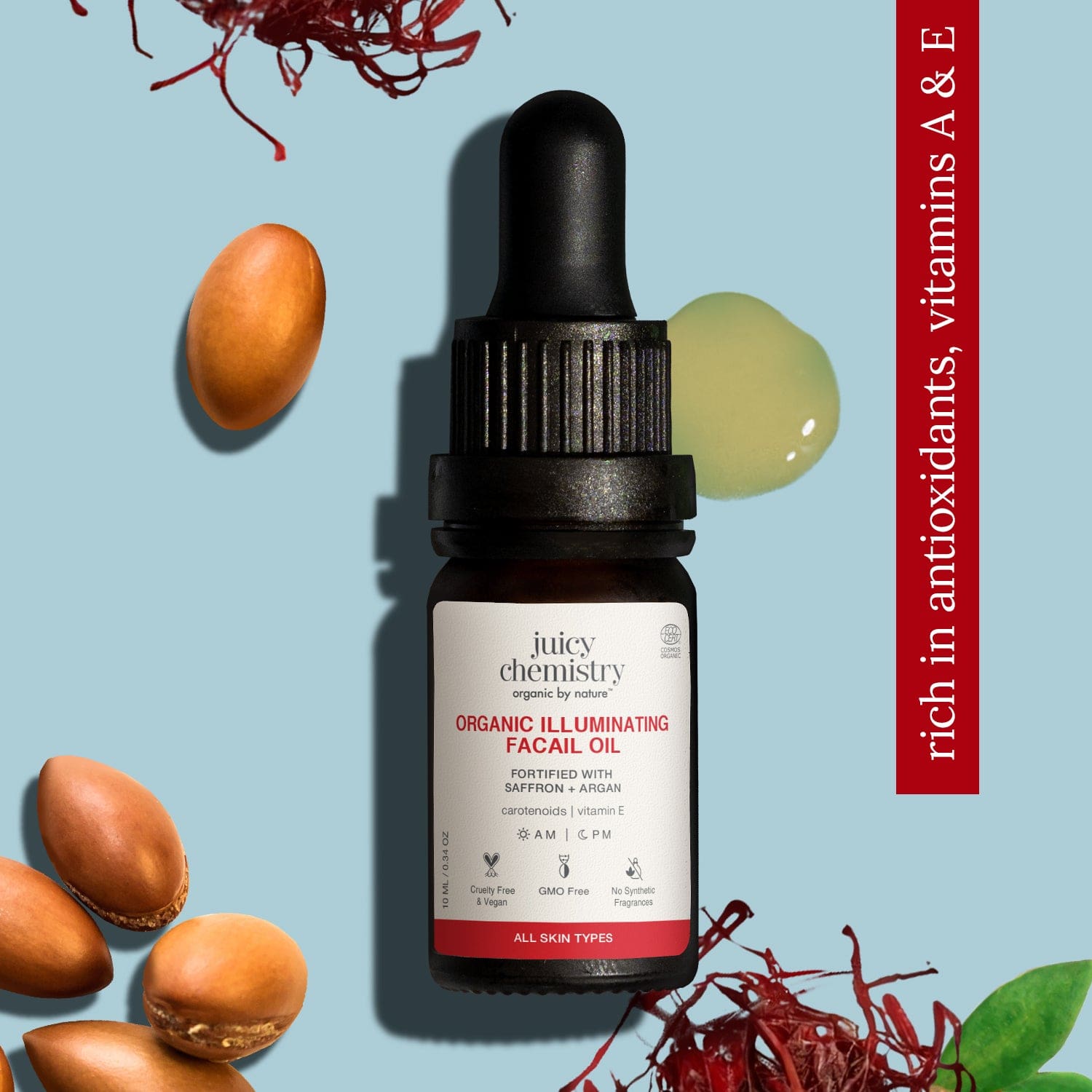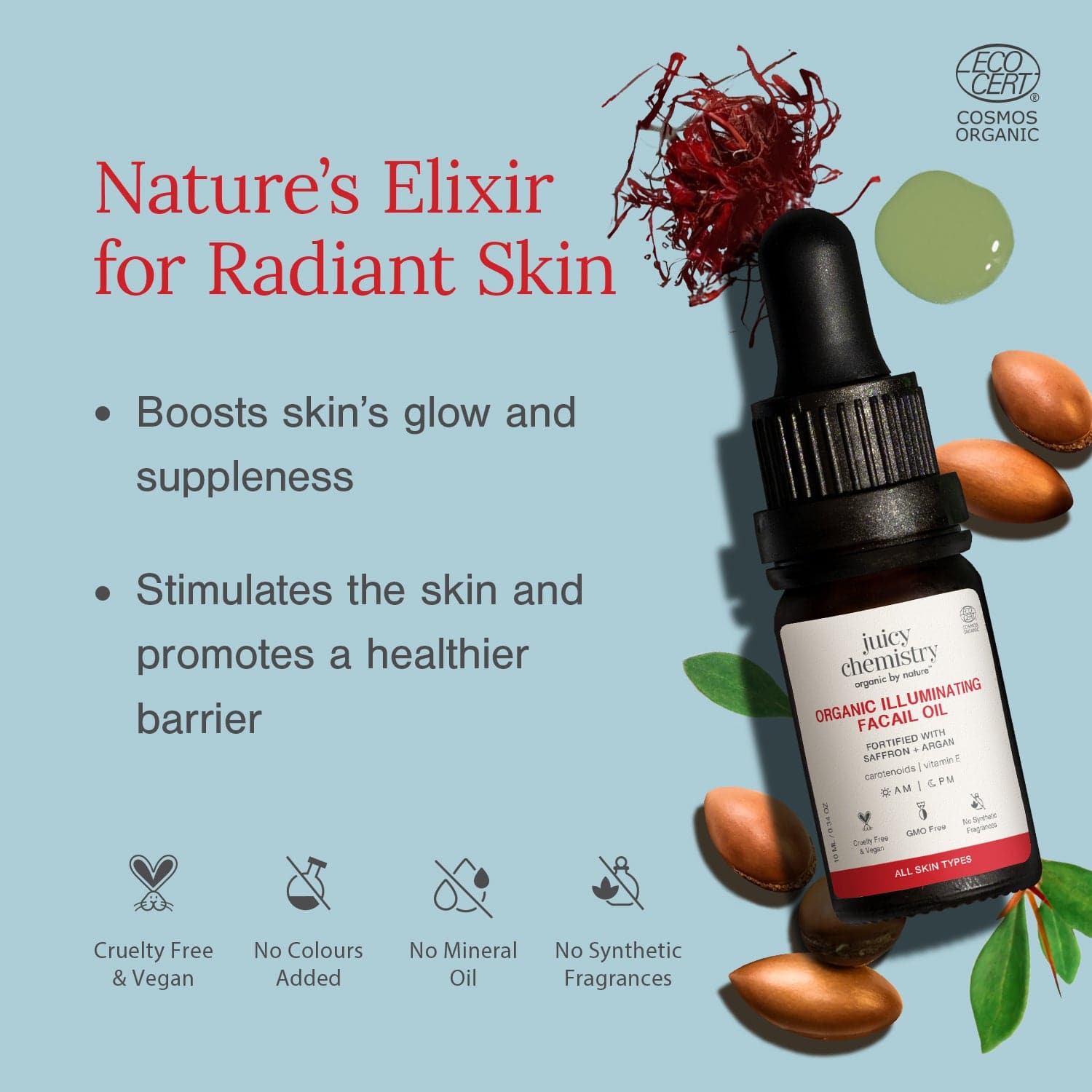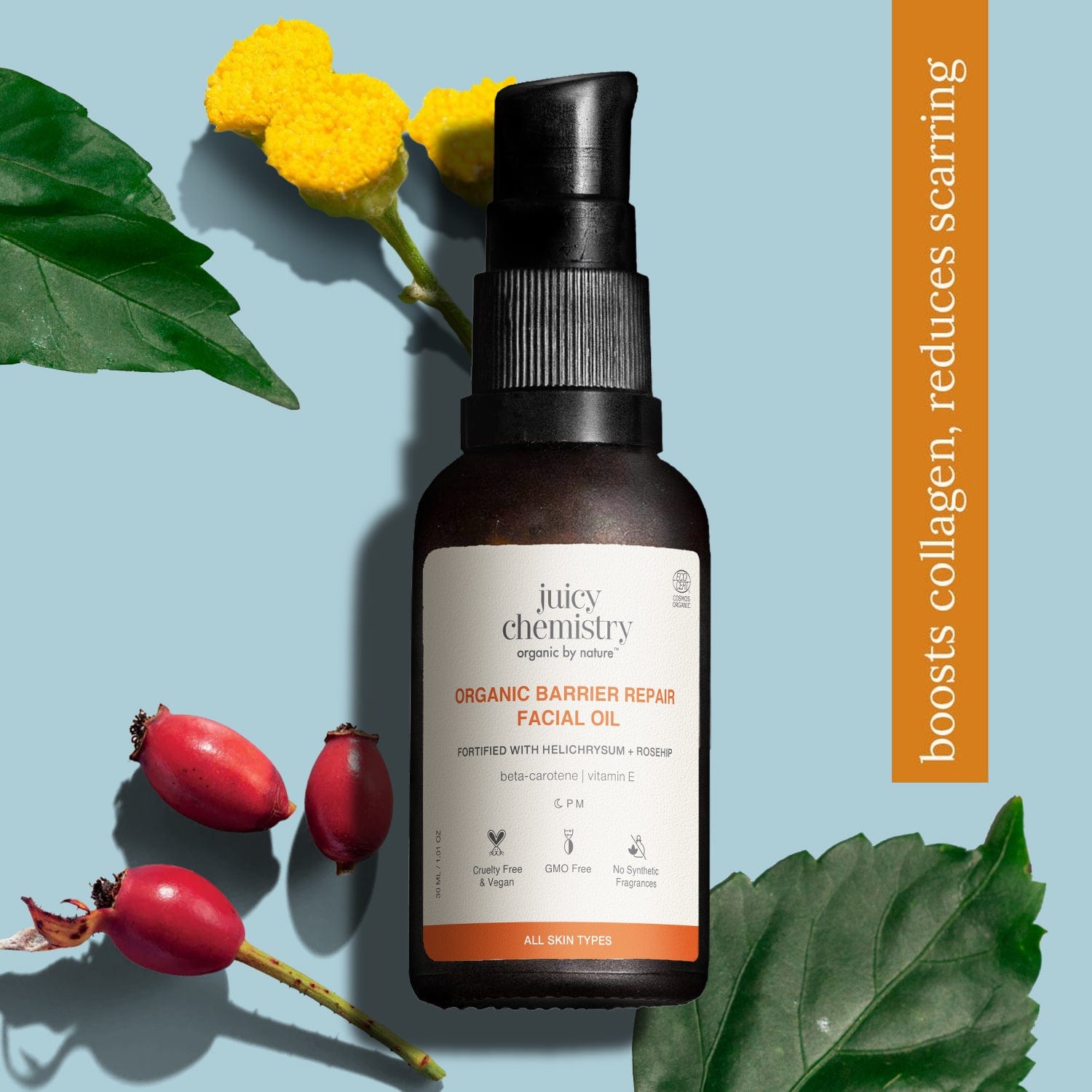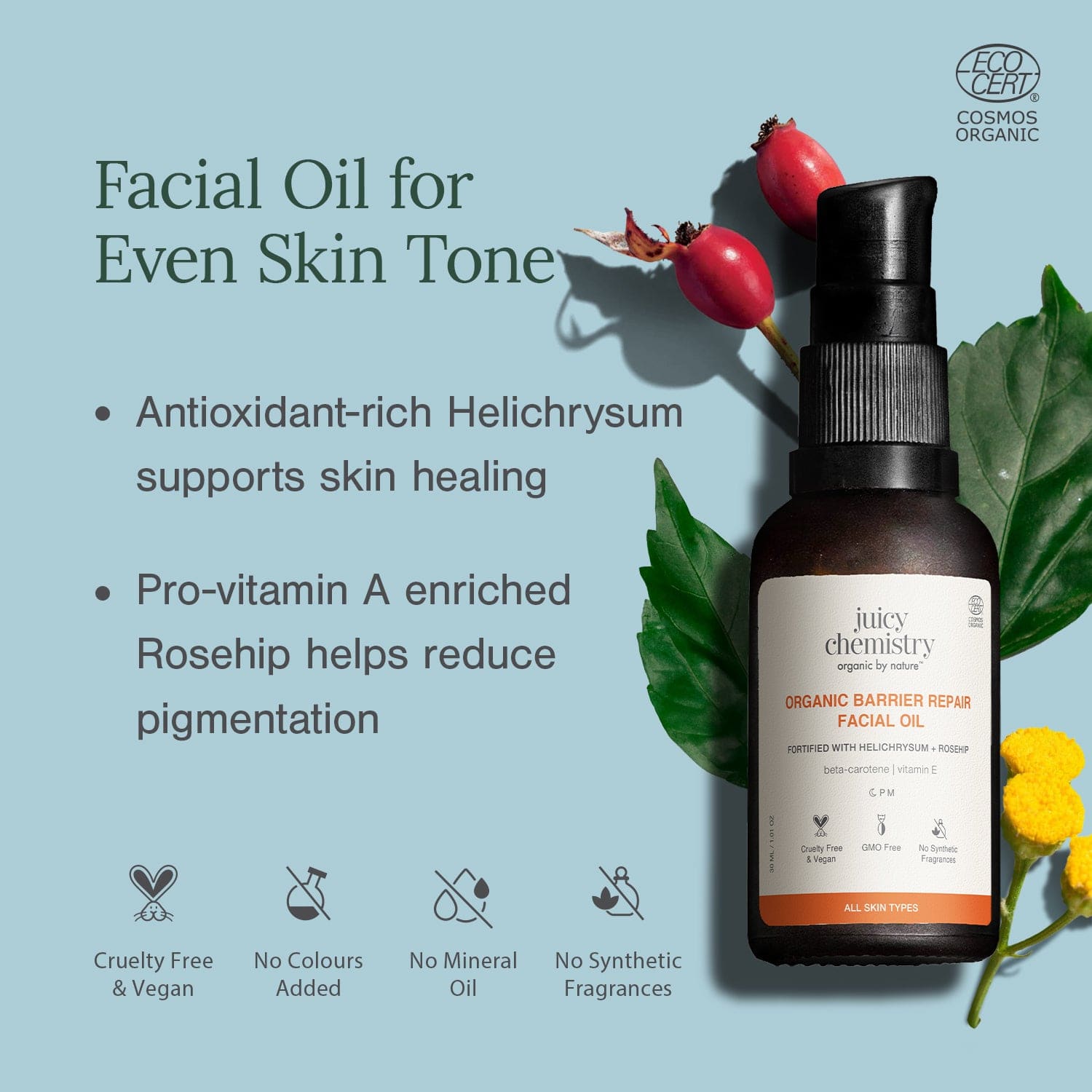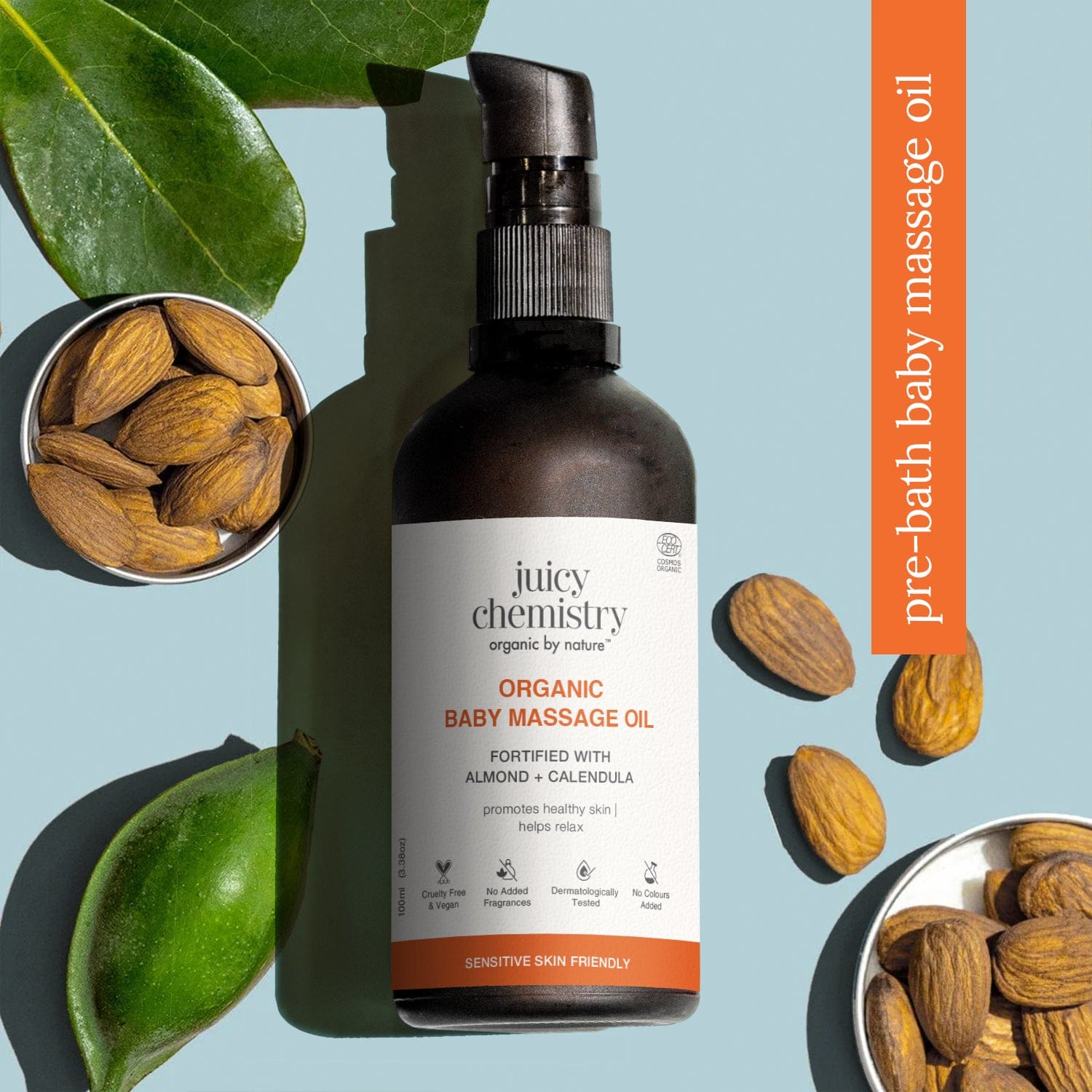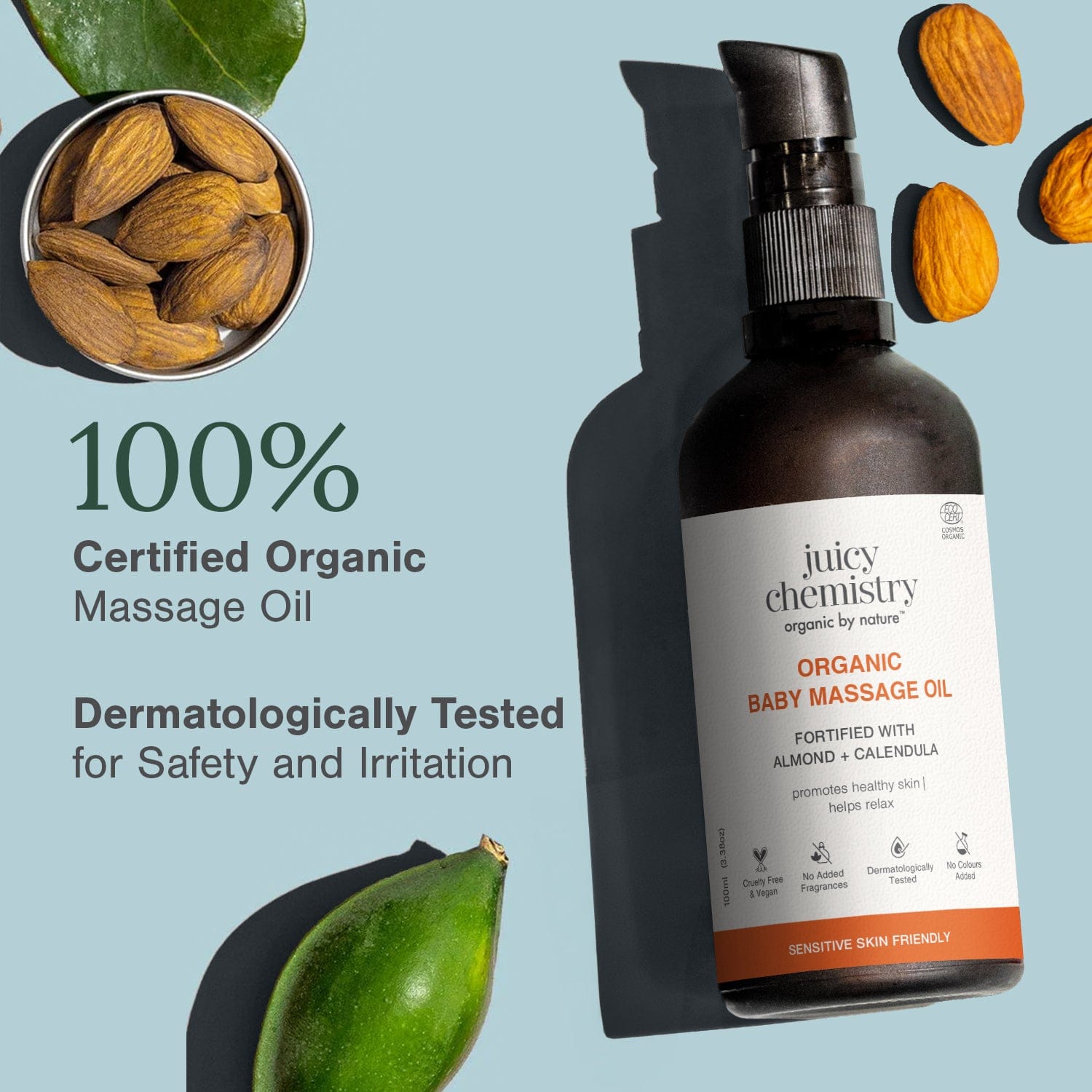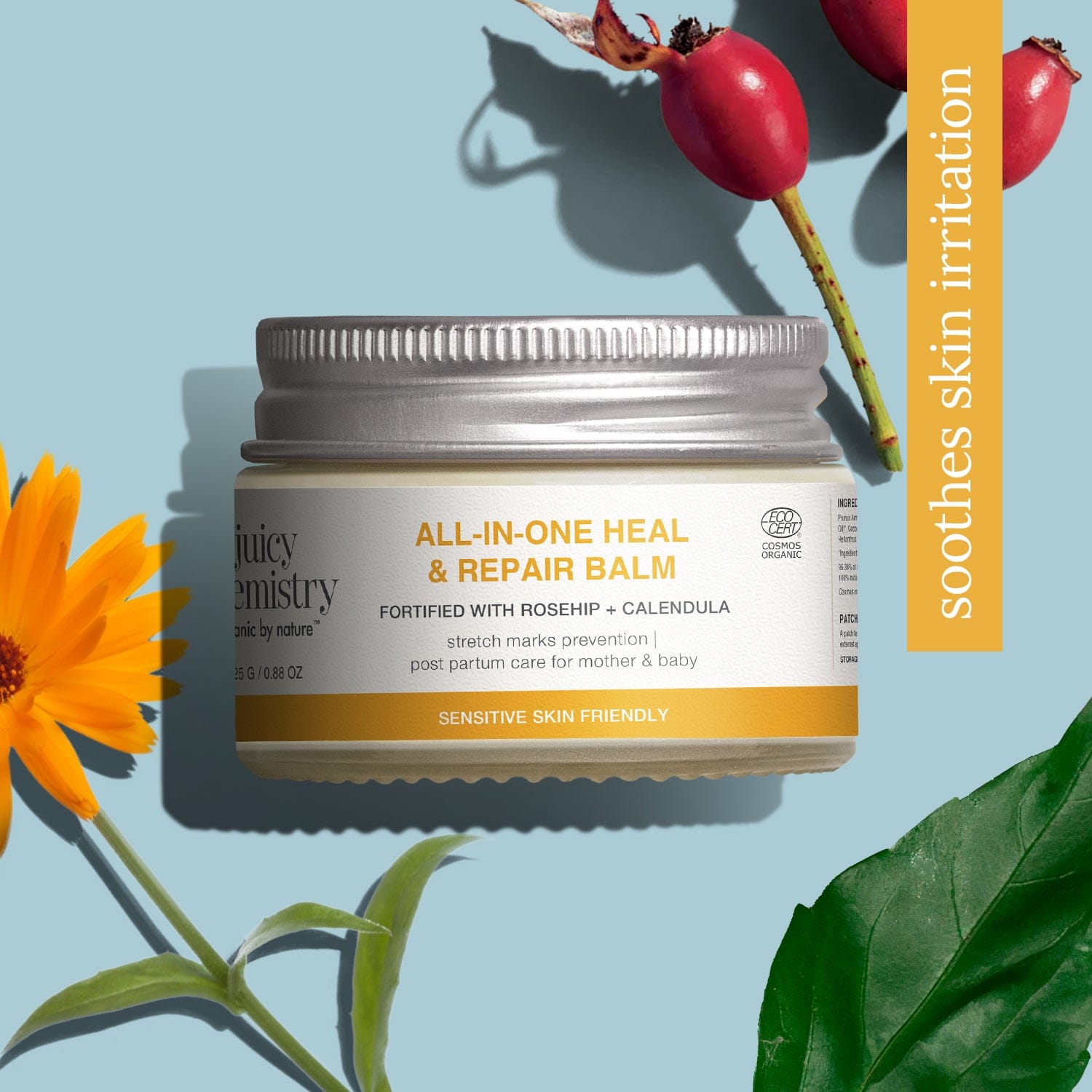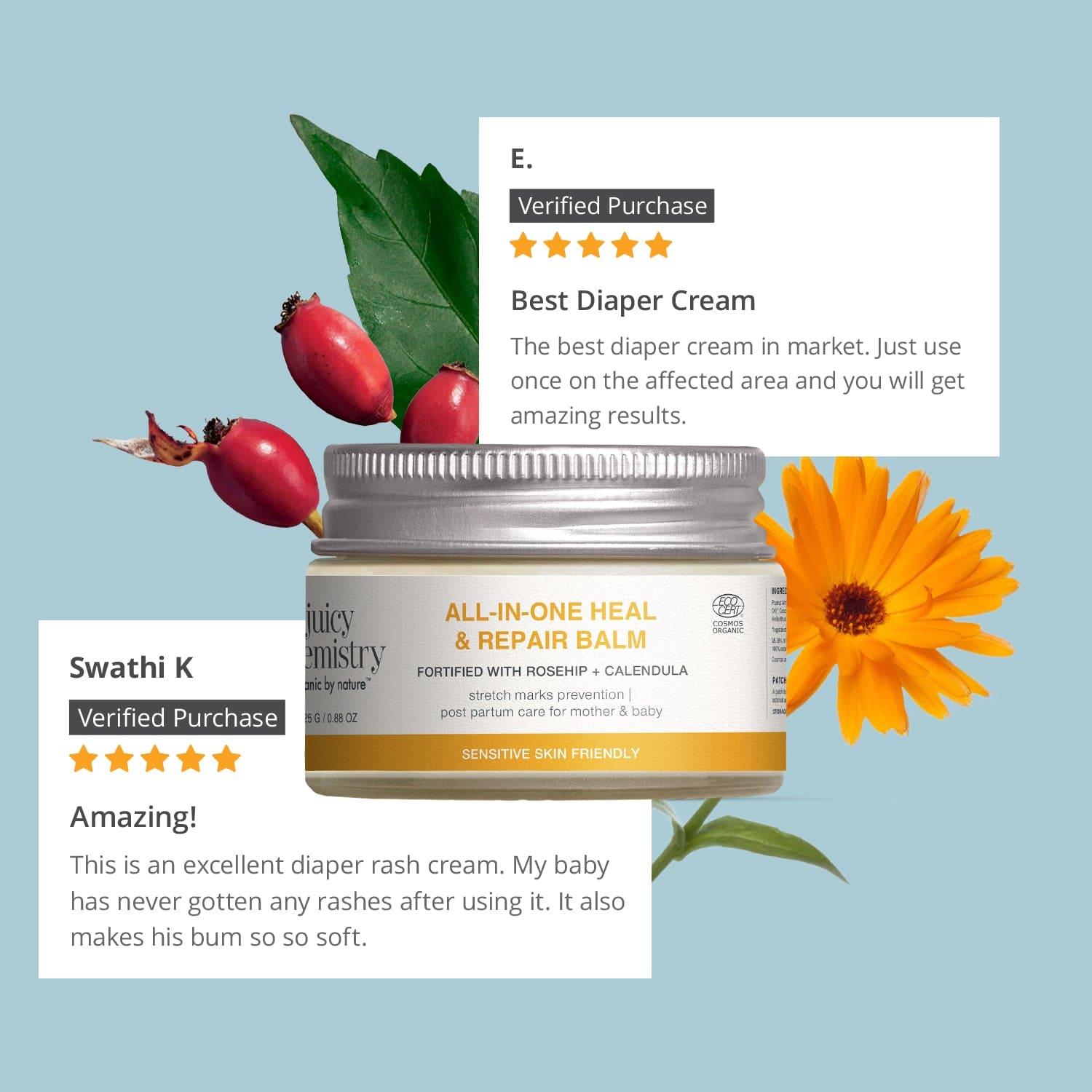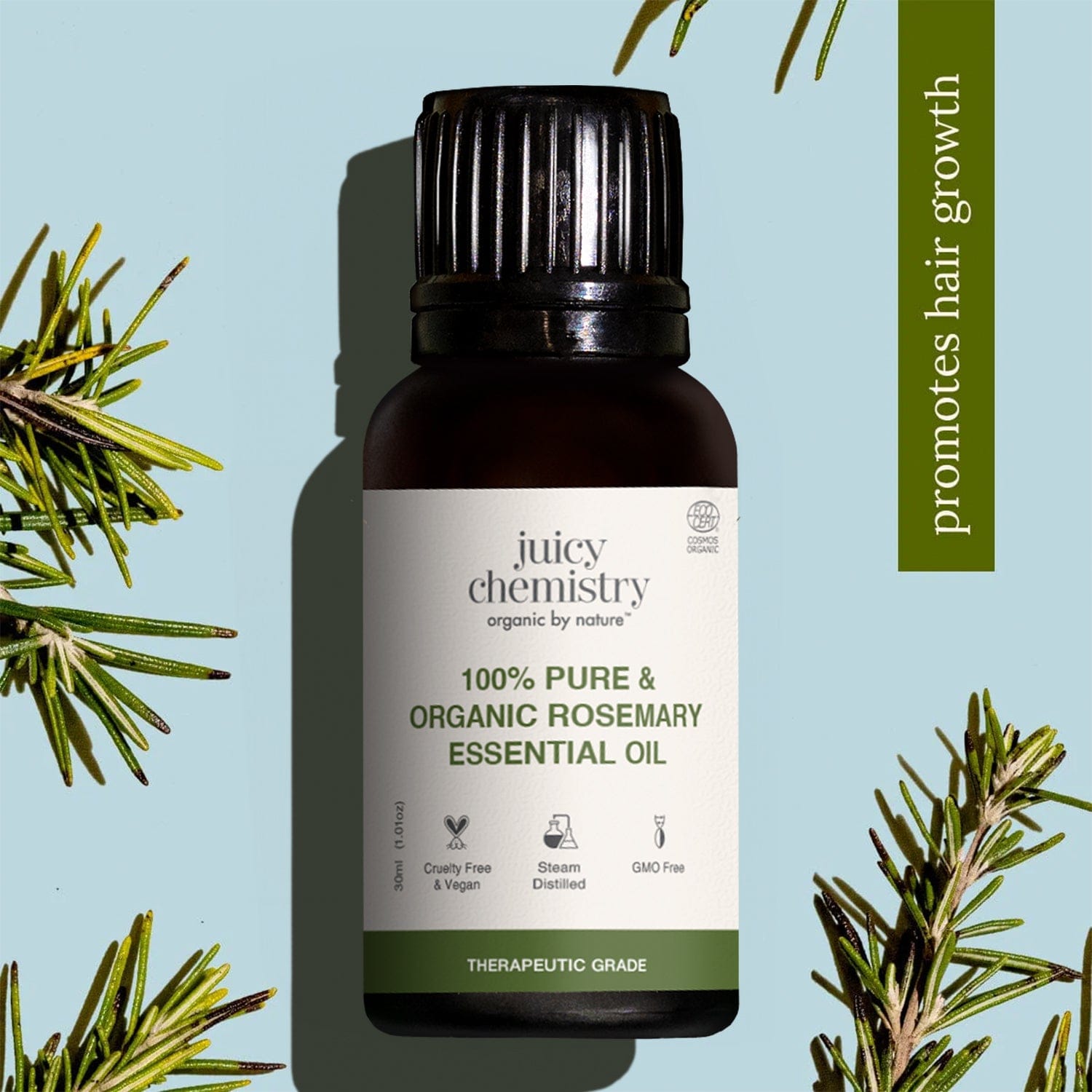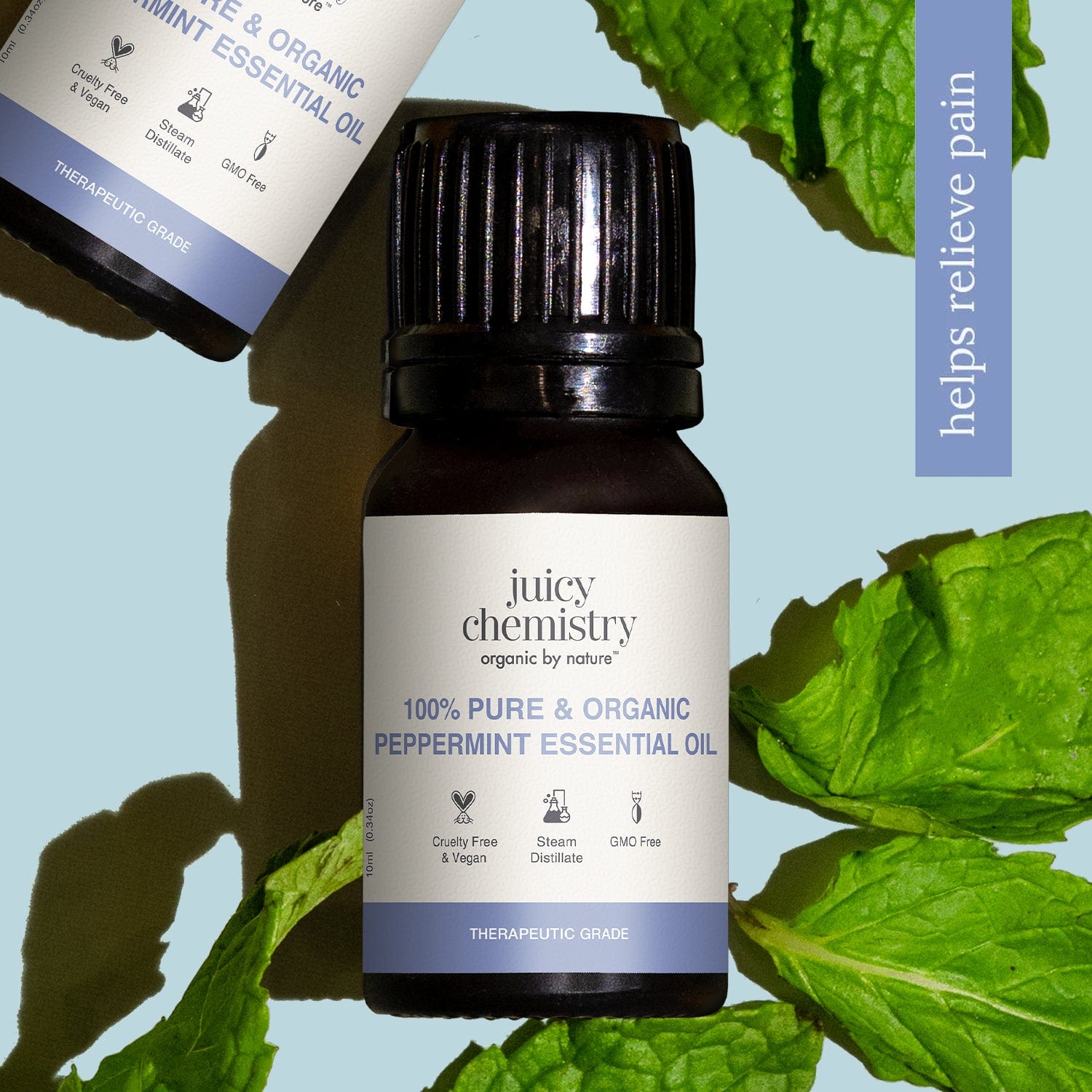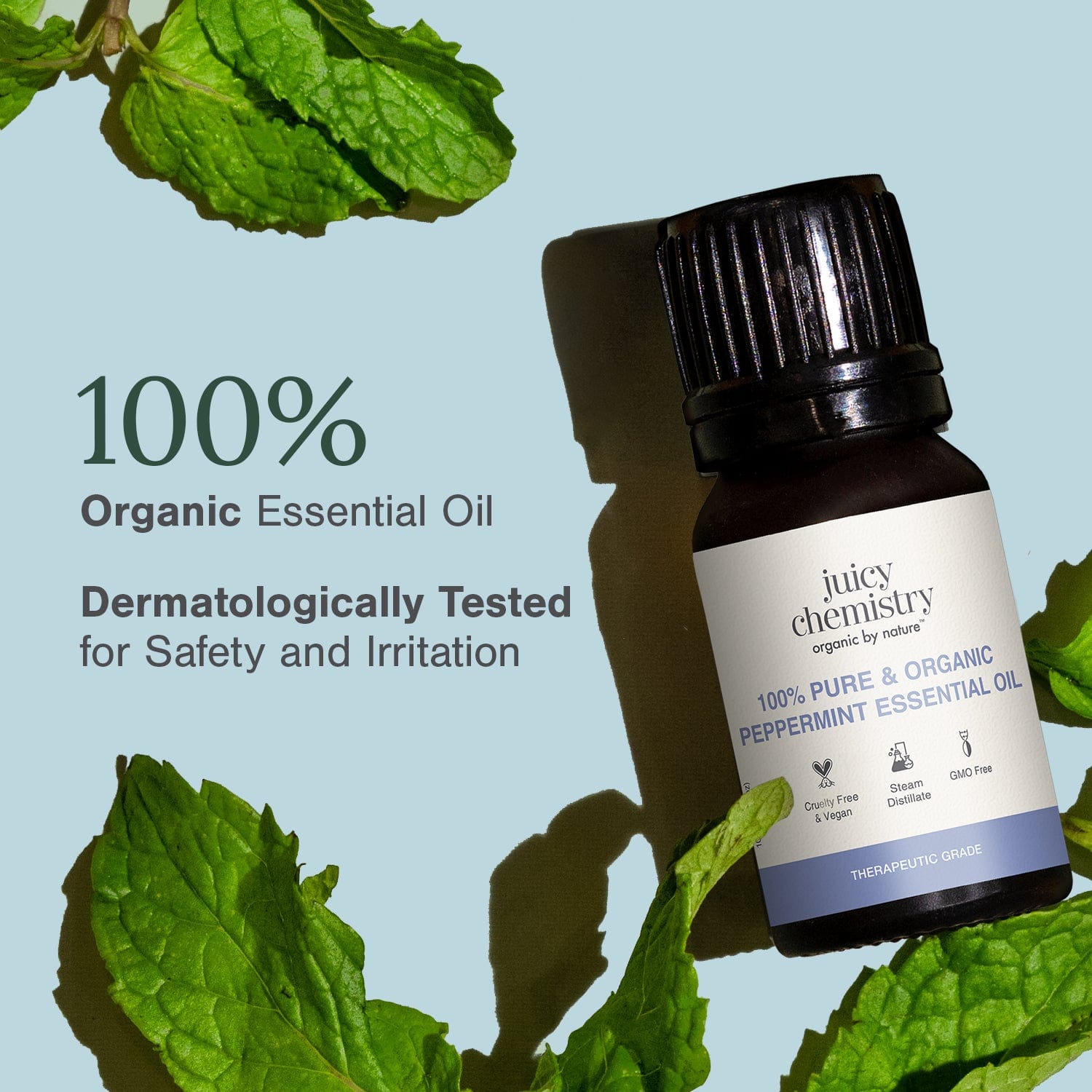Sunscreen 101: Everything You Need To Know About Sunscreen
May 31, 2024Have you ever thought about how sunscreens shield your skin from the sun's damaging rays? Or how to effectively incorporate them into your skincare regimen? Today, we’re delving into a crucial aspect of your skincare routine that is often misunderstood: sunscreen.
Whether you’re relaxing by the pool, trekking through the mountains, or just stepping out for a quick errand, applying sunscreen is the most effective way to safeguard your skin from the sun.
If you’re eager to learn more about these SPF products and are ready to add them to your daily routine, this guide will provide you with all the information you need.
How Do Sunscreens Function?
The sun emits ultraviolet (UV) radiation, a form of electromagnetic energy that travels through sunlight. These rays are divided into three primary categories based on their wavelengths: UVA, UVB, and UVC.
UVA rays account for approximately 95% of the UV radiation that reaches the Earth's surface. These rays can penetrate deeply into your skin, leading to sun tans, early wrinkles, fine lines, and even certain types of skin melanomas. Conversely, UVB rays make up the remaining 5% (UVC rays are absorbed by the ozone layer) and are mainly responsible for causing sunburns.
This is where sunscreens come into play. They contain specific active ingredients (known as UV filters) that either reflect or absorb UV radiation to prevent photodamage. In simpler terms, sunscreens create a protective layer on your skin to guard against harmful UVA and UVB rays.
Who Should Use Sunscreen?
The brief answer is everyone, including children. Sunscreen has become a vital step in skincare for individuals of all ages, genders, and skin tones. While those with darker skin tones are less prone to sunburn due to their melanin-rich skin, UV rays can still harm the DNA cells in their skin, leading to sagging, dark spots, and wrinkles.
Additionally, certain skin conditions, medications, and even some skincare products can heighten your skin's sensitivity to sunlight, making sunscreen an essential part of your morning skincare routine. Therefore, regardless of whether it’s sunny or cloudy, raining or snowing, in winter or spring, dermatologists advise using sunscreen daily to maintain your skin's health over time.
Types of Sunscreen
There are two primary categories of sunscreens available on the market: mineral and chemical sunscreens. The main distinction between these types lies in their method of UV protection.
- Chemical Sunscreens contain carbon-based compounds that absorb UV radiation and convert it into heat, which is then released from the skin. The UV filters found in chemical sunscreens include avobenzone, octinoxate, octocrylene, and oxybenzone.
- Mineral sunscreens, on the other hand, consist of zinc oxide and titanium dioxide, which create a protective barrier that absorbs and reflects UV rays away from your skin, similar to how clothing works. Thus, these sunscreens are often referred to as physical sunscreens.
How to Choose the Right Sunscreen for You
Every sunscreen features an SPF rating on its label, indicating the level of protection it provides against UVB rays. To ensure adequate protection from daily sun exposure, your sunscreen should have a minimum SPF of 30.
However, sunscreens are not solely about preventing sunburns or tanning. They also play a significant role in protecting your skin from various signs of aging. Therefore, you should select a sunscreen that offers broad-spectrum protection against both UVA and UVB rays.
The UVA protection is measured on the PA rating scale from 1-5, with a higher number of "+" indicating a greater level of UVA protection provided by the sunscreen.
Choosing between chemical or mineral sunscreen is a personal decision. However, if you have sensitive or acne-prone skin, experts suggest opting for a mineral sunscreen formula, as it is less likely to cause skin irritation and is a safe option for all skin types. Mineral sunscreens are also safe for use during pregnancy and can be applied to children aged 2 years and older.
How to Incorporate Sunscreen into Your Skincare Routine:
Sunscreens should be applied to all exposed skin areas as the final step of your morning skincare routine.
- After cleansing, toning, and moisturizing, take an adequate amount of sunscreen (approximately 1/4 teaspoon for the face) and apply it evenly over areas not covered by clothing, including your ears and neck.
- Gently massage the sunscreen into your skin using circular motions until it is fully absorbed.
- To maintain protection throughout the day, reapply sunscreen every 2-3 hours, or more frequently if you are swimming or sweating heavily.
- For additional sun protection, wear wide-brimmed hats and sunglasses, and seek shade to minimize exposure to ultraviolet rays.
Experience Juicy Chemistry’s Mineral Sunscreen Today
Our Moisturising Mineral Sunscreen is India’s first Ecocert-certified organic sunscreen with SPF 40 PA++++ broad-spectrum protection. After two years of extensive research, we developed this family-friendly, all-mineral sunscreen that will safeguard your skin throughout the year.
The key ingredient in our mineral sunscreen is Ecocert-approved Titanium Dioxide dispersion, which provides sun protection against both UVA and UVB rays. To further shield your skin from sun damage, it also includes a blend of phytonutrients that soothe irritated skin and help combat signs of aging.
Infused with squalane, argan oil, and aloe vera juice, this lightweight, nourishing formula will keep your skin hydrated and moisturized all day long without feeling heavy or leaving a white cast. It is suitable for all skin types, safe for pregnancy, and kid-friendly (for ages 2 and up).
This is the ideal sunscreen to protect your entire family from the sun in every season. Because when it comes to your skin, you deserve nothing but the best. Shop our Moisturising Mineral Sunscreen here.
Your skin is your body’s largest organ and deserves the utmost care and protection. Sunscreen is not merely a cosmetic product—it is essential for preserving your skin for years to come. So, prioritize sun protection by applying sunscreen daily, and your skin will express its gratitude!
FAQs
Are mineral sunscreens superior to chemical sunscreens?
Mineral sunscreens are more environmentally friendly, safe for children, and less likely to cause skin irritation or allergic reactions, making them a better option for everyone, particularly for individuals with sensitive or acne-prone skin.
Can I apply sunscreen on sensitive skin?
Absolutely, dermatologists recommend mineral sunscreens formulated with gentle ingredients like zinc oxide and titanium dioxide for individuals with sensitive skin types. Our formula is fragrance-free and hypoallergenic, specifically designed with sensitive skin in mind to minimize the risk of irritation.
Will using sunscreen lead to breakouts?
It depends on the formulation of the sunscreen and how your skin reacts to it. Opt for lightweight, non-comedogenic sunscreens that absorb quickly and are tailored for oily skin. Additionally, ensure you cleanse your skin thoroughly at the end of the day to eliminate any sunscreen residue that could clog your pores.

